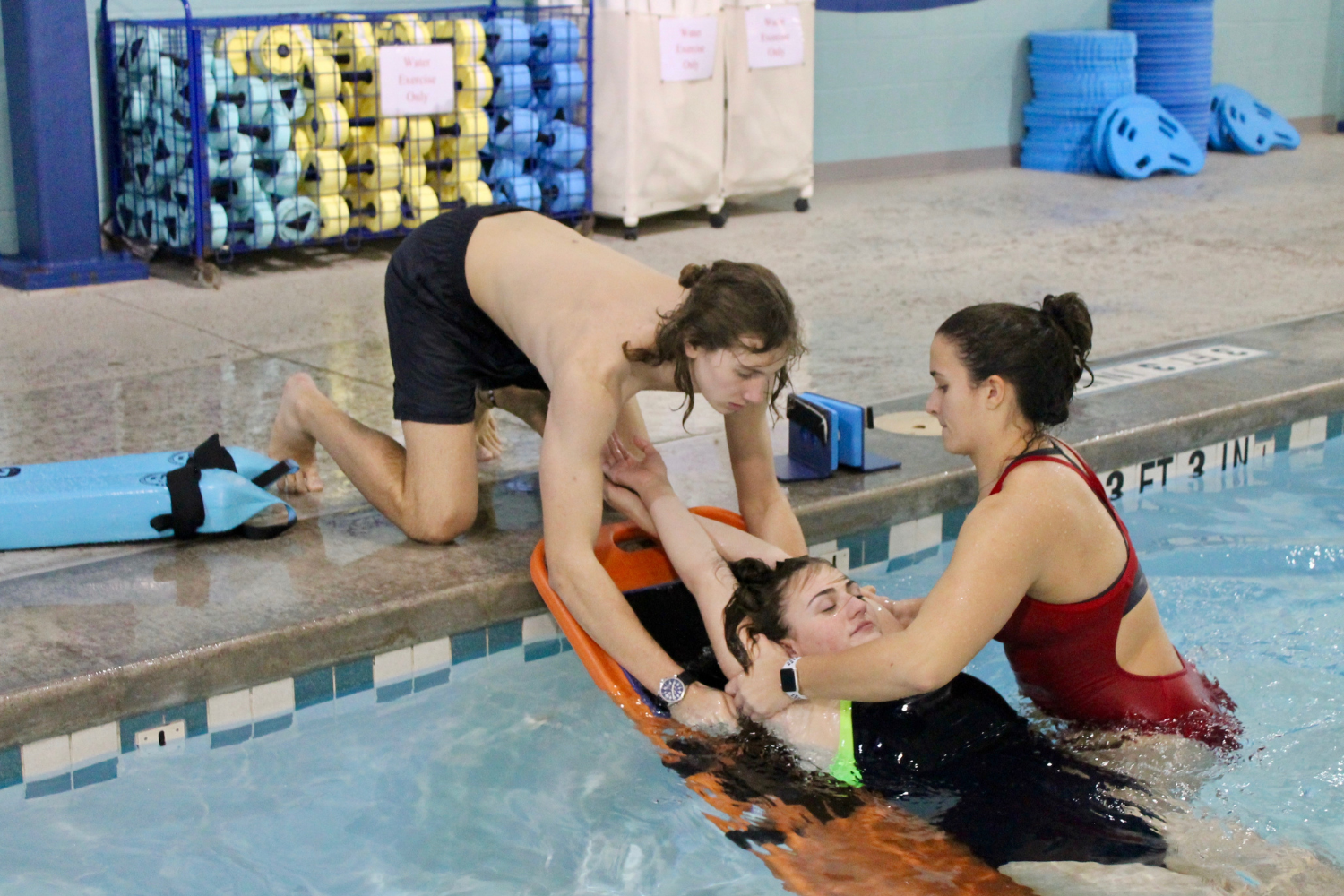A hero is someone who does something that saves other people’s lives. A lifeguard is a hero because he or she saves people’s lives. Sometimes lifeguards are called heroes because they are doing things that are very dangerous. For example, a lifeguard may have to dive into a deep swimming pool to rescue a person who is drowning. A lifeguard may also have to jump into a shallow swimming pool to rescue a person who is trapped under the water.
The lifeguard training makes you heroes in water because you save lives. Lifeguards are heroes on land, too, but they are also heroes when they get into trouble. They have been called heroes because of their courage and because of the risks they take for the people who live near the beaches. In some cases, lifeguards may be called heroes even though they did not save anyone. Sometimes they are called heroes even though they were not doing anything heroic at all.
Table of Contents
Lifeguard Is The First Line Of Defense In Water
In the United States, the lifeguard is the first line of defense against drowning. A lifeguard is usually a young man or woman who has received special training to save lives in the water. He or she is trained in rescue techniques and in how to work with other people. The lifeguard may be stationed at a beach where there is a large number of people. He or she may be stationed at a small beach where there are only a few people.
During the lifeguard training, you are prepared to handle all kinds of situations which can occur in watery conditions. Regardless of the size of water bodies, the danger of conditions near the water can have deadly consequences. The sole purpose of the lifeguard training is to save people from these situations and keep the water area organized under the rules.
Saving A Life Is An Act Of Heroism
A lifeguard may be called a hero if he or she saves someone’s life. Although this may be true, most people do not know that lifeguards are trained in CPR (cardiopulmonary resuscitation). They are also trained in rescue techniques, including how to handle people who have been pulled from the water. Lifeguards may be required to perform CPR on someone who has drowned.
Lifeguard Training Teaches CPR And Rescue Techniques
Lifeguards must be trained in CPR and rescue techniques. They are taught how to use equipment, such as a defibrillator. In addition, they must be able to swim and perform other lifesaving skills. Lifeguards must be prepared to help people who are injured or sick in the water. They must also be prepared to handle emergencies such as heart attacks, strokes, and drowning.

Lifeguarding training makes you an individual who is always at work whether you are on your duty hours or not, you will always be prepared to help others because you have the training to do so. It makes you a person with a responsibility that prepares you to show strong character. Lifeguard training builds your character and behavior in society.
A lifeguard is a person who has been trained to help others. The lifeguard is not responsible for saving the life of someone who was already safe. The lifeguard may be responsible for saving the life of someone who was drowning. If a lifeguard saves someone’s life, he or she will receive a certificate from the state or the city.
A Lifeguard Job Involves You Becoming A Lifesaver
The lifeguard may have a job that involves saving lives in the water. He or she may be a lifeguard at a pool, lake, river, ocean, or even a large body of water. He or she may be a lifeguard at a beach. He or she may be a lifeguard at a campground. He or she may be a lifeguard at a pool that is in a mall.
Final Thoughts
This is a hardworking but satisfying job because when you save someone from any danger or potential danger you feel satisfied with yourself. The American Lifeguard Association provides different types of training programs for you to choose what you think suits you the best. We have trained people all over the world to become lifeguards with strong mental and physical training. If you are looking for a lifeguard training near me, contact us.







